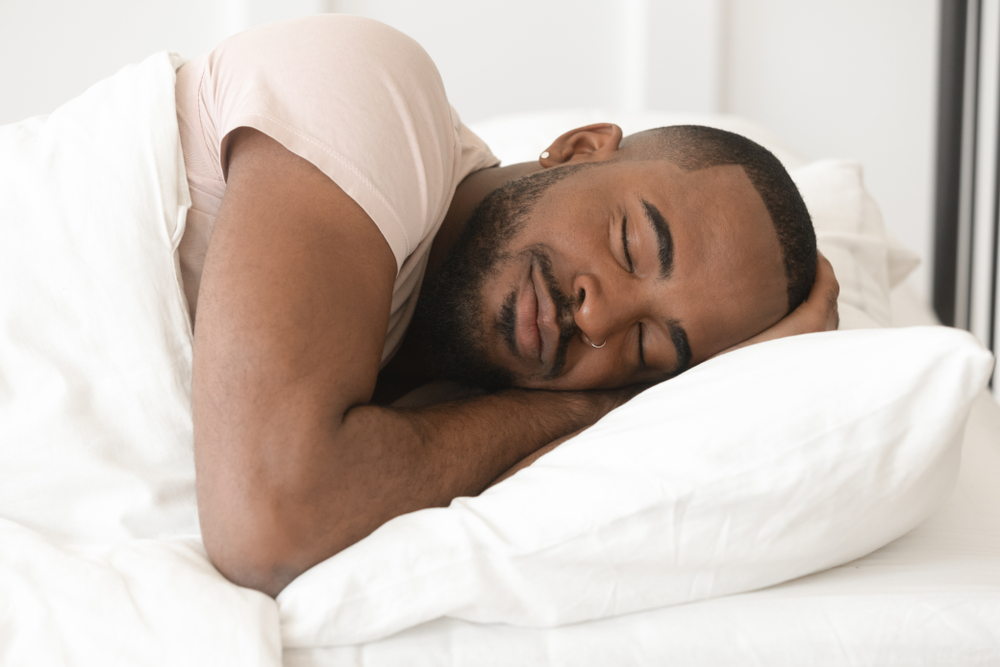Sleep is a vital aspect of our overall health and well-being. Unfortunately, for millions of people worldwide, this restful sanctuary is disrupted by a sleep disorder known as sleep apnea. Characterized by interrupted breathing during sleep, sleep apnea can significantly impact the quality of someone’s sleep and have far-reaching consequences on their daily life. In this blog, Dental Care 4U will delve into the ways sleep apnea negatively impacts both sleep and day-to-day living, shedding light on the importance of seeking timely diagnosis and treatment.
The Negative Impact Of Sleep Apnea
1. Disrupted Sleep Patterns. Sleep apnea causes repetitive interruptions in breathing during sleep. These disruptions can range from a few seconds to minutes and can occur multiple times throughout the night. As a result, the individual’s sleep cycles are disturbed, preventing them from reaching the deeper, restorative stages of sleep. The constant awakenings, though often brief, lead to fragmented sleep patterns, leaving the affected person feeling fatigued even after a full night’s sleep.
2. Daytime Fatigue and Sleepiness. Due to the lack of restorative sleep, individuals with sleep apnea commonly experience daytime fatigue and excessive sleepiness. This can impact their ability to concentrate, focus, and maintain productivity in daily tasks, both at work and home. Such daytime sleepiness can also pose significant risks while driving or operating heavy machinery, potentially leading to accidents and injuries.
3. Impaired Cognitive Functioning. Sleep apnea not only affects physical health but also takes a toll on cognitive function. People with sleep apnea may experience memory problems, difficulties with learning and retaining information, and reduced ability to process complex tasks. These cognitive impairments can have a substantial impact on academic or professional performance and overall quality of life.
4. Emotional Well-being and Mood Disturbances. Sleep plays a crucial role in regulating emotions and mood. Sleep apnea disrupts this process, often leading to irritability, mood swings, and heightened emotional responses. The constant struggle with exhaustion and daytime sleepiness can exacerbate stress and anxiety, creating a cycle of negative emotions that further impacts one’s mental health.
5. Relationship Strain. Sleep apnea can also affect the dynamics of personal relationships. Snoring, a common symptom of sleep apnea, can disrupt the sleep of a partner, leading to frustration and resentment. The fatigue and irritability caused by sleep apnea may also strain communication and intimacy, putting a strain on the relationship as a whole.
6. Increased Risk of Health Complications. Untreated sleep apnea is associated with an increased risk of several serious health conditions, including hypertension, cardiovascular disease, stroke, and type 2 diabetes. The repeated drops in oxygen levels during apneic events put additional stress on the cardiovascular system and contribute to inflammation and other detrimental effects on the body.
More Than A Sleep Disorder
Sleep apnea is more than just a sleep disorder; it has far-reaching consequences that extend into every aspect of daily life. From compromised sleep quality and daytime fatigue to impaired cognitive function and emotional well-being, its negative impact is undeniable. Recognizing the signs of sleep apnea and seeking professional help is crucial to restoring restful sleep and improving overall health and quality of life. If you or someone you know experiences symptoms of sleep apnea, don’t hesitate to consult a healthcare professional for a comprehensive evaluation and personalized treatment plan. Remember, better sleep leads to a better life.
Sleep Apnea Can Be Addressed By Your Dentist
While some specialists may recommend a positive airway pressure device or a CPAP machine to address sleep apnea, the truth of the matter is that these treatments are not always the best options for everyone. Some people with sleep apnea are not able to use CPAP machines. Surgery as a treatment option can be too invasive to consider.
Fortunately, the experts at Dental Care 4U in South Holland can provide patients with oral appliances to address sleep apnea. As a convenient option for treating sleep apnea, our practice can provide oral appliances to help you get a better night’s sleep. We offer multiple options for sleep apnea oral devices, including:
- Mandibular Advancement Devices: These devices attach to the upper and lower teeth to move the jaw and tongue forward and can be customized to fit the patient’s teeth, reducing snoring and daytime sleepiness.
- Tongue-Stabilizing Devices: Tongue-stabilizing devices work to pull the tongue forward using suction and keep the tongue from blocking the airways.
- Rapid Maxillary Expansion Devices: Rapid maxillary expansion devices are orthodontic devices that expand the roof of the mouth to open the airways. These involve wearing a custom-fitted expander to fit over the top back teeth and using pressure to correct arched palates in children.
Choose A Good Night’s Sleep With Dental Care 4U
If you’re ready for dentistry with a gentle touch at a practice that feels just like home, consider Dental Care 4U. Dr. Raj Khurana and the team have been operating Dental Care 4U for over 20 years, and are proud to offer the very best South Holland, IL and the surrounding communities. We always work with a gentle touch, so whether you need a root canal, tooth extraction, or orthodontic treatment, we will be here for you and your loved ones. Call us today at 708-333-2213 for an appointment.





